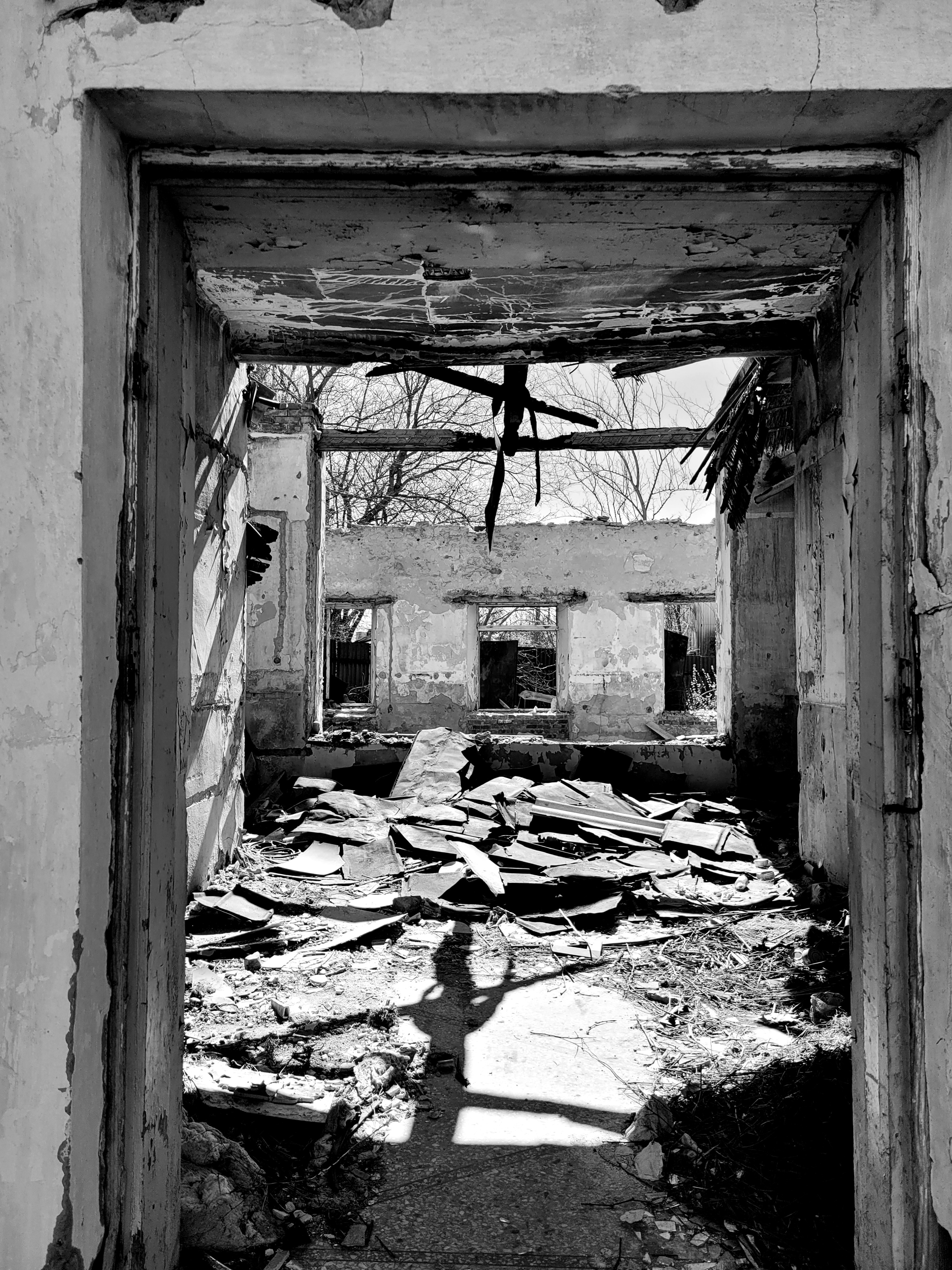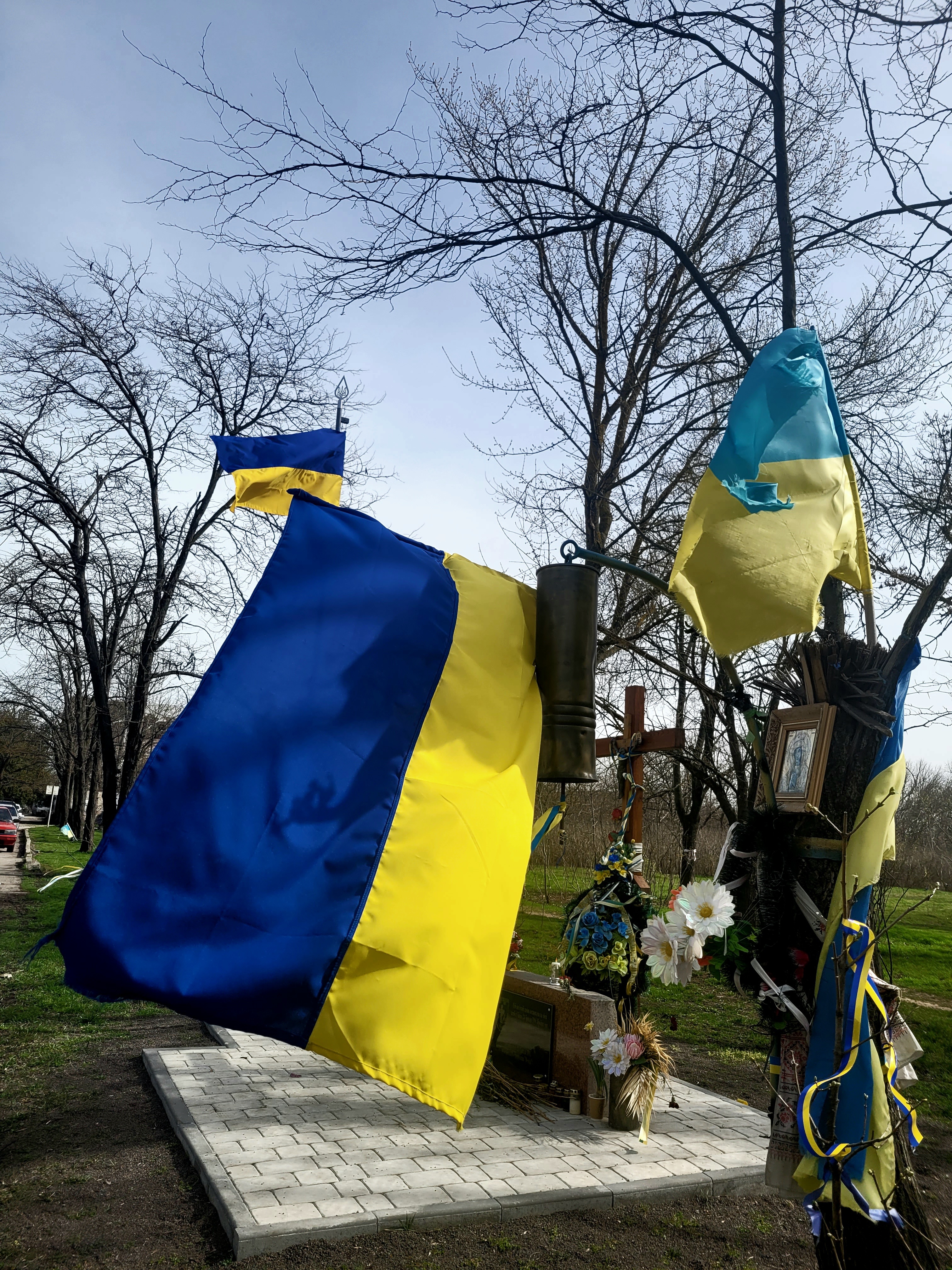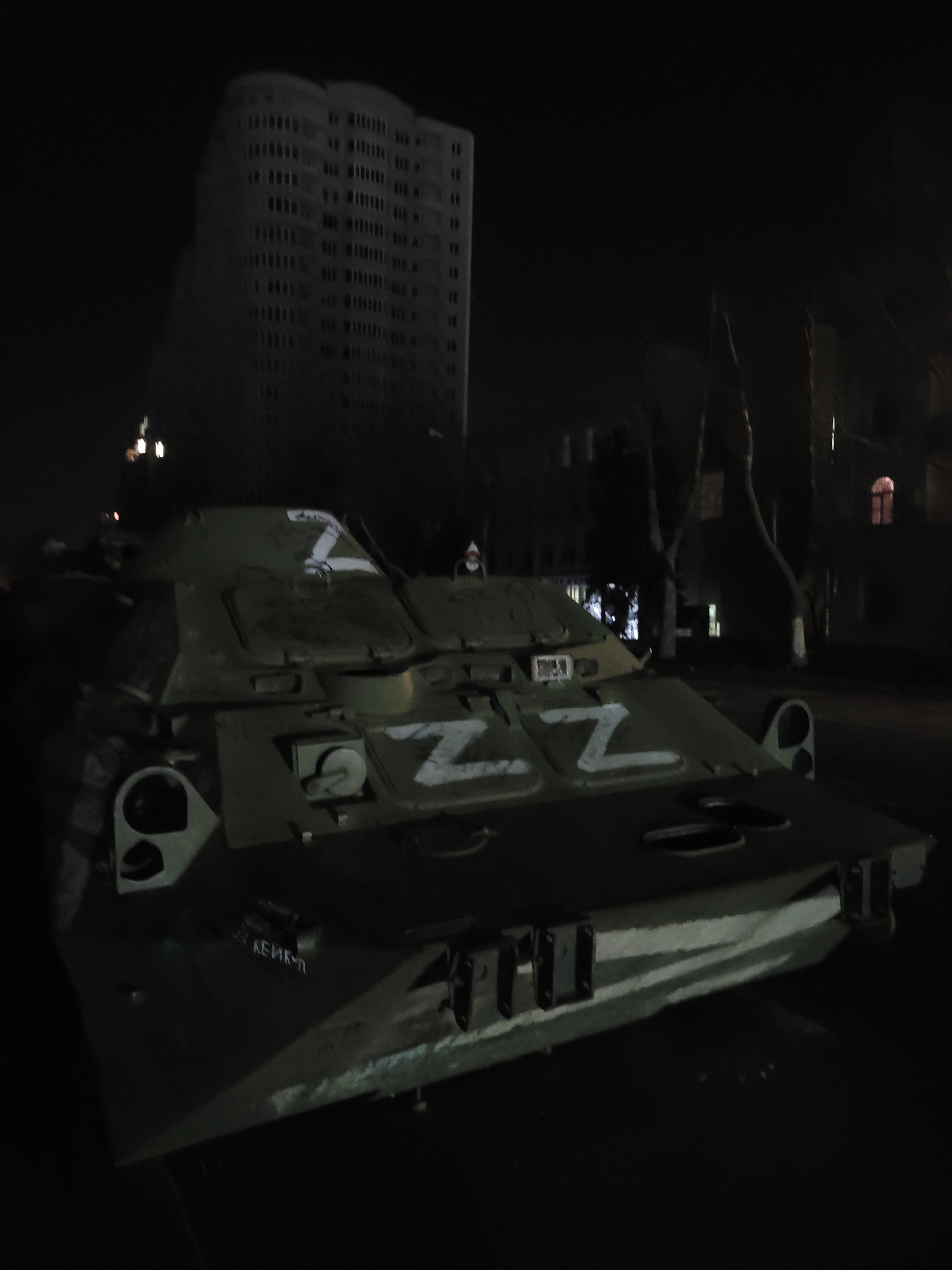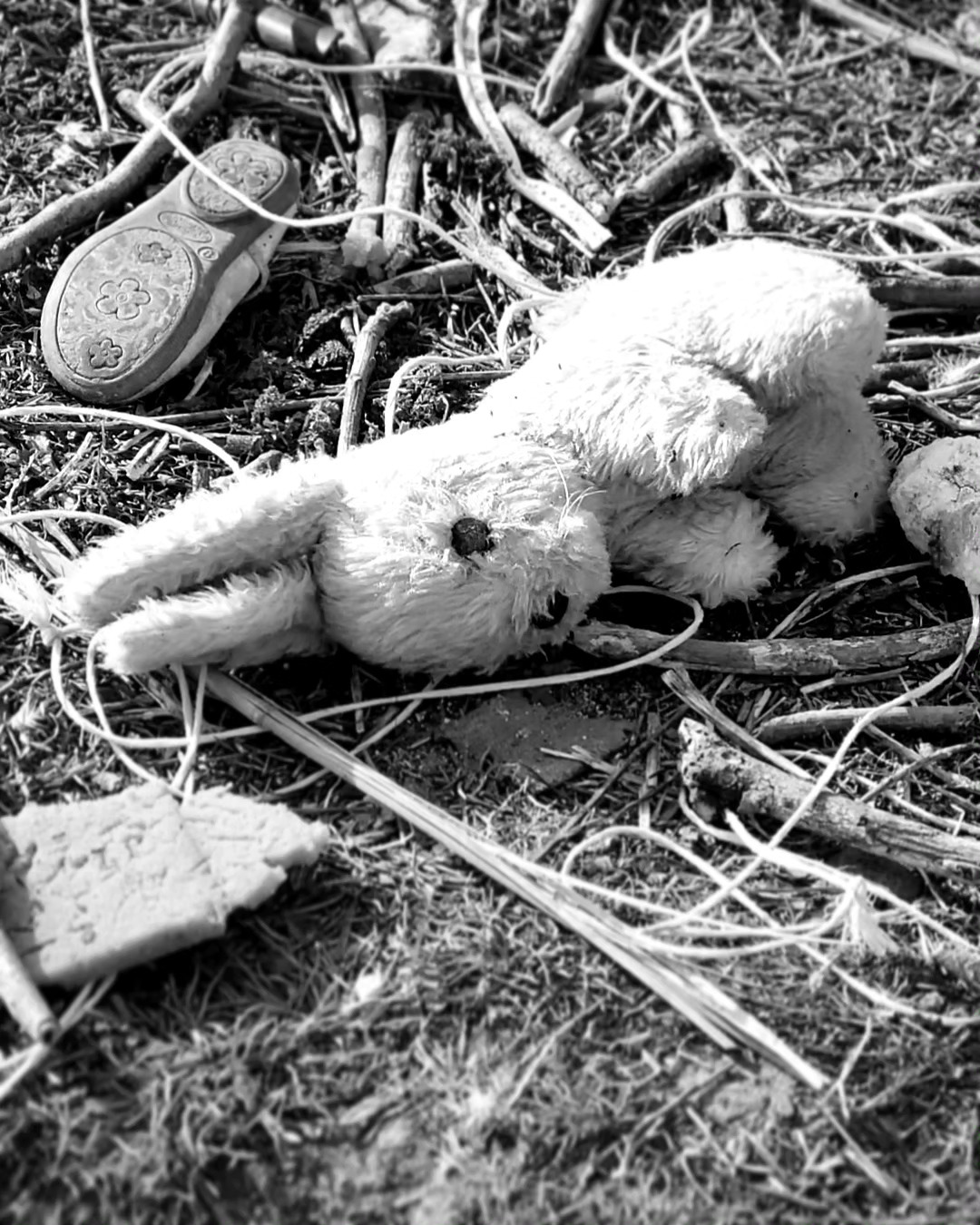Translated by Valeria D’Alessandro
After the United Kingdom, Germany, Canada, Denmark, the Netherlands, and Italy, Finland — becoming the 31st NATO member as of April 2023 — is now the eighth country within the Atlantic Alliance to sign a security deal with Ukraine, promising to provide Kyiv with aid totaling 188 million euros.
Among the discussions at the NATO summit in Brussels, held to celebrate the 75th anniversary of the founding of the Atlantic Alliance, there is also the proposal for a NATO fund of 100 billion for Ukraine, emphasizing that “our security is not regional but global”.
Moreover, some member states are being pressured to honor their commitment to fund defense spending, which is 2% of their National GDP. At the Brussels summit, there looms the perspective of a future Trump administration. The former American president has mentioned more than once the possibility of removing the United States or reducing economic support to the Atlantic Alliance, should he win the November 2024 elections.
In the meantime, more than 3.2 million residents of the People's Republics in Donetsk, Lugansk, Zaporizhzhia, and Kherson have received passports as citizens of the Russian Federation.
Diplomatic efforts are underway
France is seeking China's mediation on the war in Ukraine, aiming to discuss a truce ahead of the 2024 Olympic Games scheduled to be held this summer in Paris.
An official visit by the Chinese leader Xi Jinping to Paris is scheduled for the spring. The agenda includes various sensitive topics, including the trade balance and the crisis created by the war in Ukraine. Since the beginning of the conflict, Beijing has consistently maintained a 'neutral position,' neither opposing nor favoring any side, despite issuing several calls to avoid escalation.
France is determined to maintain close dialogue with China to contribute to finding a long-lasting peaceful solution for Ukraine, seeking the Chinese side for a possible resolution to the impasse between Moscow and Kyiv.
Frontline
On the battlefield, there is a real risk of collapse for the front lines, wherever the Russian generals decide to concentrate their offensive, with the hope of reinforcing the marginal but consistent progress of Moscow's forces.
The situation is tense, particularly in the southern and northeastern regions of Ukraine, where power plants and infrastructure are often targeted by Russian missile attacks and drones. Ukraine's troops on the front lines are currently short on munitions. Zelensky warns: "Without support, we will lose sustainability and aid for the country."
The Ukrainian president signed a law to lower the age of mobilization in the army from 27 to 25 years, a measure aimed at increasing the number of individuals available to the army for defense against the Russian offensive.
The proposal, approved in May 2023 but consistently refused by Zelensky due to its unpopularity, suggests that Ukrainian men could be recruited by the army at the age of 25. However, currently, the minimum age for effective participation in combat operations remains unchanged, and there is no immediate necessity to deploy newly arrived recruits.
Memories and ruins
In Kherson, there are no buildings without signs of the Russian occupation. The city has been liberated, but freedom came at a high price: more than 800 civilians were killed during the invasion.
How can one think about war when they are young and the smell of summer is already in the air? When all types of schools have been closed for the past two years and there are no other recreational activities to do. When in the city center, there is a spectral atmosphere—a ghost town of memories and ruins. And turning onto the wrong street, you can see at the end the Dnipro: beyond the Frisia horses, the frontline. Only those who have lived through it know what war is. And here, for the past two years, they have been living it with no interruption.
Mondo Internazionale APS - Riproduzione Riservata ® 2024
Share the post
L'Autore
Giuliana Băruș
Studi in Giurisprudenza e Diritto Internazionale a Trieste.
Oltre che di Diritto (e di diritti), appassionata di geopolitica, giornalismo – quello lento, narrativo, che racconta storie ed esplora mondi – fotoreportage, musica underground e cinema indipendente.
Da sempre “permanently dislocated – un voyageur sur la terre” – abita i confini, fisici e metaforici, quelle patrie elettive di chi si sente a casa solo nell'intersezionalità di sovrapposizioni identitarie: la realtà in divenire si vede meglio agli estremi che dal centro. Viaggiare per scrivere – soprattutto di migrazioni, conflitti e diritti – e scrivere per viaggiare, alla ricerca di geografie interiori per esplorarne l’ambiguità e i punti d’ombra creati dalla luce.
Nel 2023, ha viaggiato e vissuto in quattro paesi diversi: Romania, sua terra d'origine, Albania, Georgia e Turchia.
Affascinata, quindi, dallo spazio post-sovietico dell'Europa centro-orientale; dalla cultura millenaria del Mediterraneo; e dalle sfaccettate complessità del Medio Oriente.
In Mondo Internazionale Post è autrice per la sezione “Organizzazioni Internazionali”.
Categories
Tag
Russia Guerra in Ucraina NATO EU Patto di sicurezza Giochi olimpici 2024 Ukraine war Security deal





